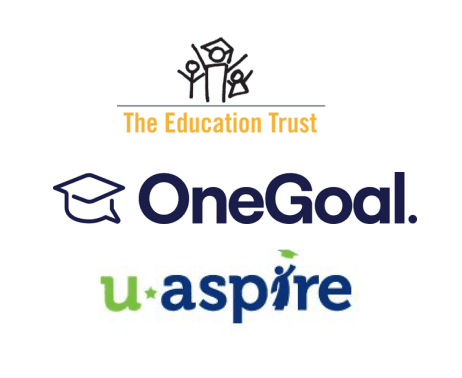College Promise Programs Could Play Historic Role if Designed for Equity
WASHINGTON – As college students are back on campuses facing steep tuition bills, and with midterm and gubernatorial elections on the horizon, policymakers across party lines and advocates alike are pushing “free college” programs as a way to address growing public discontent with student debt and to make college more affordable. But will these programs benefit low-income students who need the most support? In a report out today, The Education Trust argues, “No. Not unless they are designed around equity.”
A Promise Fulfilled: A Framework for Equitable Free College Programs reviews proposed and existing state free college or “college promise” programs and finds that free college is not inherently equitable. In fact, the report notes that many programs are not designed to benefit low-income students at all. While Ed Trust applauds the momentum of the free college movement, it contends that these programs can be strengthened to better serve students who struggle the most to pay. As such, A Promise Fulfilled gives policymakers and advocates an equity framework to use when crafting, analyzing, and pushing for free college.
“After decades of underinvestment at the state level, free college could be the next big thing in higher education,” says Tiffany Jones, Ph.D., higher education policy director with The Education Trust and lead author. “Free college, if designed thoughtfully, could be as pivotal to accessing a college education as the Pell Grant or the GI Bill. Unfortunately, at this moment, too many states are racking up political support among upper- and middle-class voters while excluding low-income students in their plans.”
A Promise Fulfilled examines 15 existing statewide programs and 16 proposed programs through 2017, using an eight-part equity rubric. To be truly equity-focused, free college programs should:
- Help low-income students cover living (i.e., non-tuition) costs
- Cover the cost of fees in addition to the cost of tuition
- Cover the cost of college for at least four years of college
- Cover the cost of tuition for bachelor’s degree programs at four-year institutions
- Provide benefits for adult and returning students
- Not impose GPA requirements that are more restrictive than federal requirements
- Not impose enrollment intensity or credit accumulation requirements that are more restrictive than federal requirements
- Not demand the repayment of aid
Ed Trust finds that not a single program meets all eight criteria. On average, programs only meet half of the equity criteria.
“The biggest problem we see is that many of the free college programs at the two-year level use a ‘last-dollar’ model, meaning that they only cover tuition after other aid has been applied,” says Katie Berger, senior policy analyst at Ed Trust and co-author.
“Students from low income families attending community colleges can typically afford tuition with help of the Pell Grant, so they don’t benefit from statewide free college programs designed to cover only the cost of tuition. However, these students still cannot afford college because they struggle with non-tuition costs, such as books, housing, and transportation,” says Berger.
This is hugely problematic, as the report notes only 20 percent of the cost to attend community college is tuition. The other 80 percent of costs community college students face are for things like housing, meals, and instructional materials, which often are not covered by free college or college promise programs.
Additionally, many of these statewide free college programs do not cover expenses to attend a four-year college or four years of education. This is happening despite the fact that students who attend four-year colleges are more likely to graduate, and those who earn bachelor’s degrees get a much higher return on investment than those who earn associate’s degrees.
The authors conclude if states want to truly offer free college to all students, they need to expand these programs with low-income students in mind. Ed Trust stands ready to help policymakers design better free college programs and to help advocates push for equity-driven policies.
###







